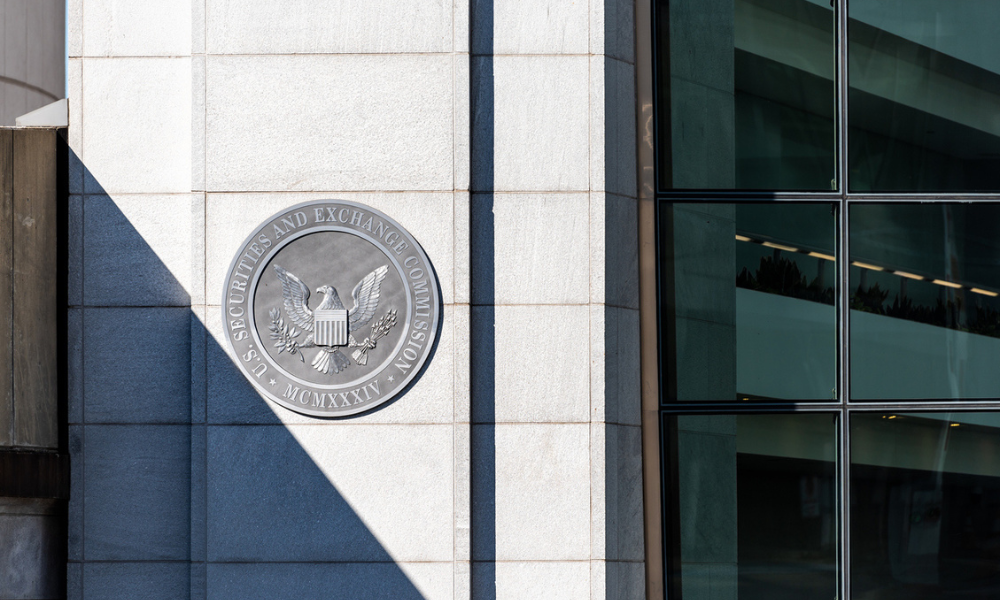

The Securities and Exchange Commission stands accused of trying to “vastly expand its authority” in a lawsuit filed by three investment industry associations.
The case has been filed by the National Association of Private Fund Managers, the Alternative Investment Management Association, and the Managed Funds Association, which say the regulator has adopted a “sweeping, unprecedented new interpretation of a 90-year-old statute,” referring to the expanded definitions of “dealer” and “government securities dealer” within the Dealer Rule.
“The US SEC has exceeded its statutory authority by incorrectly concluding that customers of dealers may be dealers themselves – a clear departure from the statutory definition and understanding of what has meant to be a securities ‘dealer’ for the past 90 years,” said Jack Inglis, AIMA CEO. “This rule will force certain hedge funds – who are not dealers and have never been considered dealers – to either register as dealers, thereby subjecting them to an unworkable regulatory framework, or force them to significantly curtail or cease altogether their trading activity. Both results will lead to unnecessary and significant harm to markets, investors, and certain funds.”
Inglis added that the associations have not taken the decision to challenge the SEC lightly but feel the new definitions threaten the future of certain funds and strategies.
The three industry bodies believe that if the rule stands, regulated market participants such as RIAs may be deterred from investment in certain asset classes, including US Treasuries.
The petition to the U.S. District Court for the Northern District of Texas in Fort Worth is seeking to have the rule vacated.
It states that the SEC’s adoption of the Dealer Rule definitions was “founded on the novel position that many of the world’s largest, most prominent market participants have been operating unlawfully, as unregistered securities “dealers,” for 90 years without anyone—including the Commission—having previously noticed.”
Bryan Corbett, president and CEO of MFA, said they were left with no choice but to challenge the Dealer Rule.
“The Dealer Rule is indeterminate and leaves certain market participants uncertain of their need to comply with the dealer regulatory framework,” he said. “Alternative asset managers are not dealers. They are customers of dealers. If the rule is permitted to stand, it could mean that managers in scope and the funds they manage would lose their customer protections with their dealer counterparties and could not participate in IPOs. This would harm funds, their investors, and issuers looking to raise capital.”
The petitioners argue the Dealer Rule must be vacated and set aside in its entirety because:

Relationships are key to our business but advisors are often slow to engage in specific activities designed to foster them.

Whichever path you go down, act now while you're still in control.

Pro-bitcoin professionals, however, say the cryptocurrency has ushered in change.

“LPL has evolved significantly over the last decade and still wants to scale up,” says one industry executive.

Survey findings from the Nationwide Retirement Institute offers pearls of planning wisdom from 60- to 65-year-olds, as well as insights into concerns.
Streamline your outreach with Aidentified's AI-driven solutions
This season’s market volatility: Positioning for rate relief, income growth and the AI rebound
